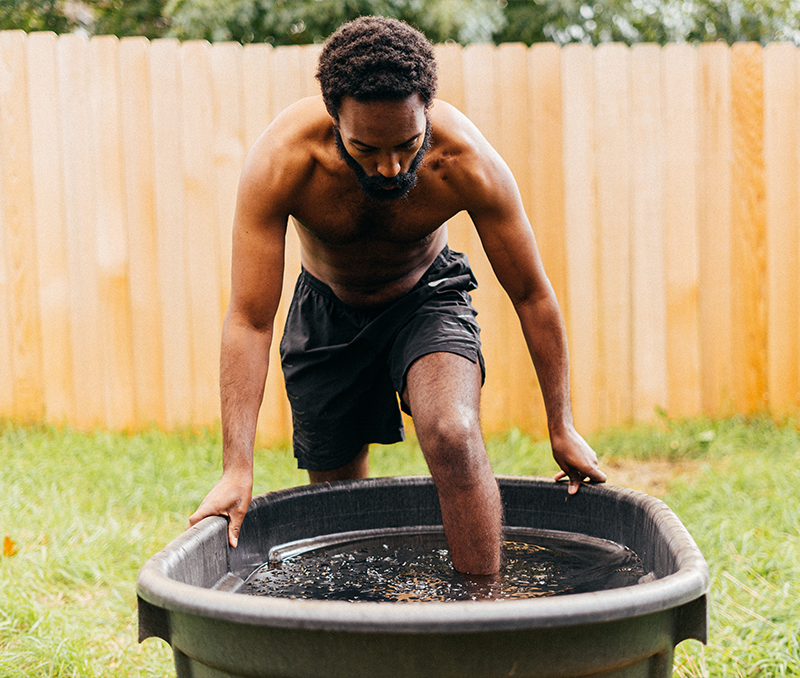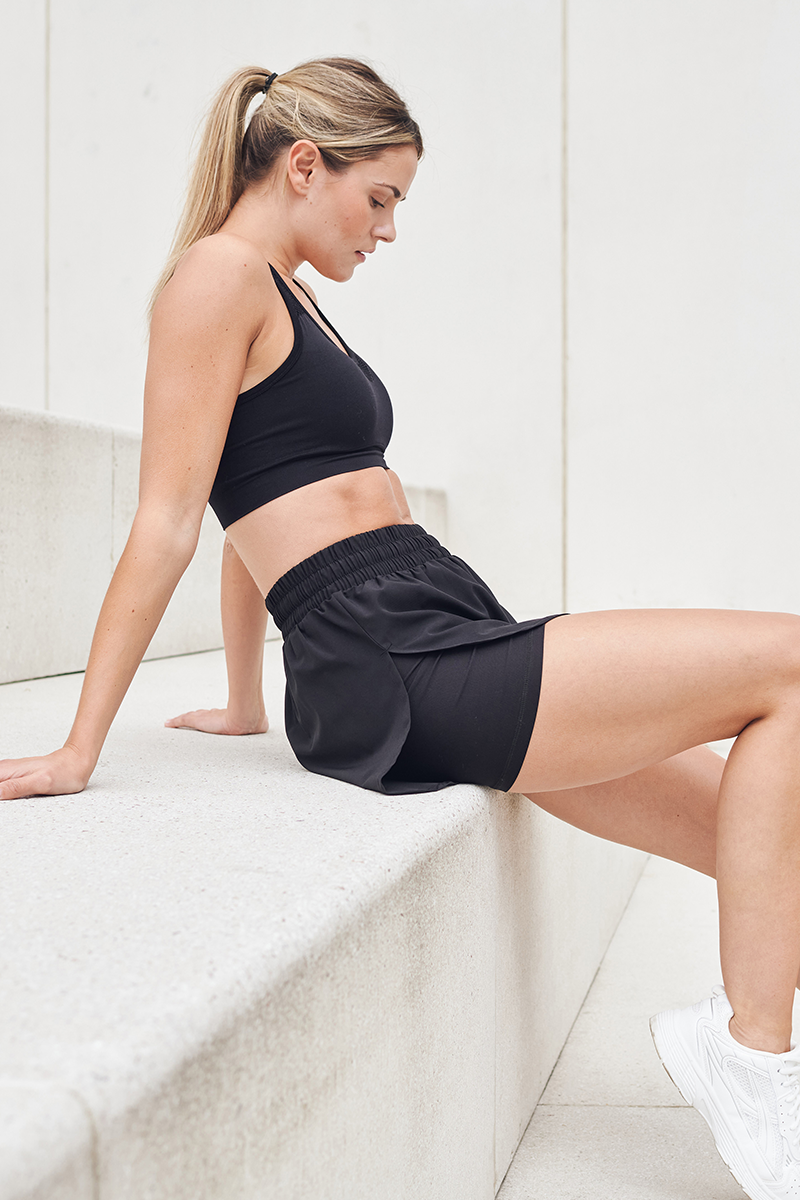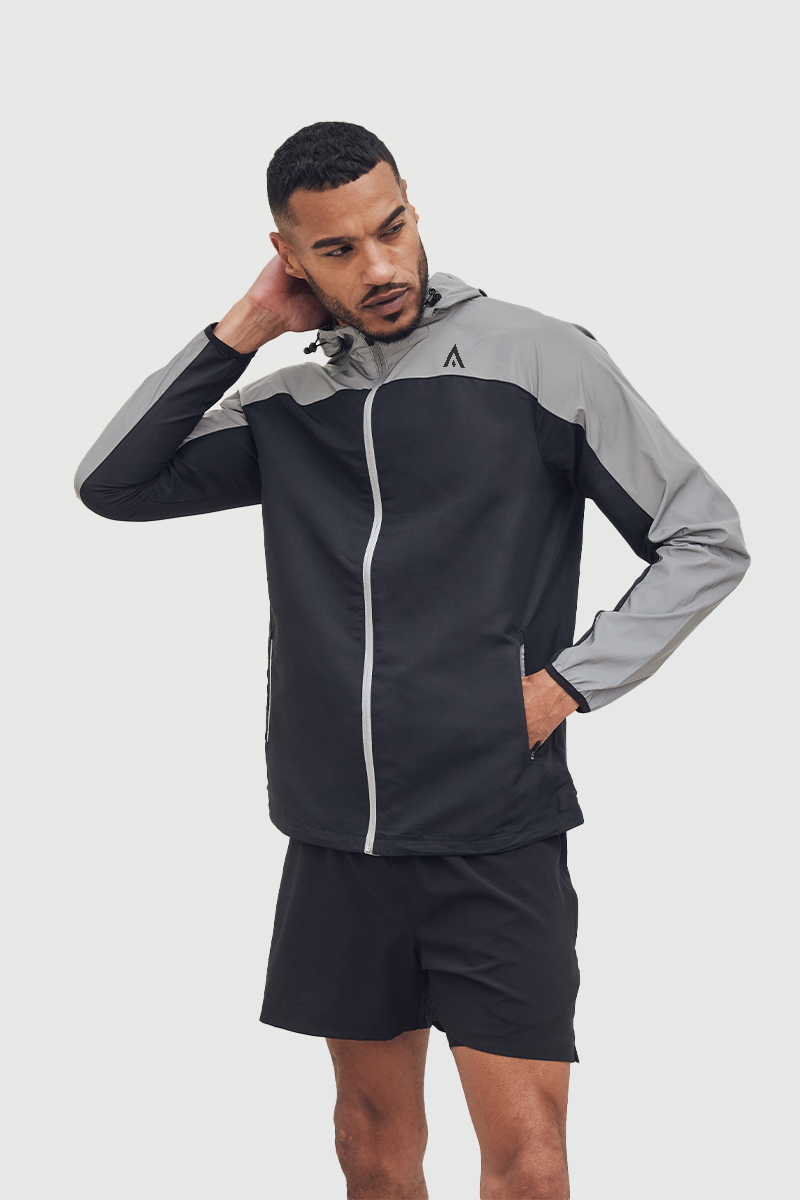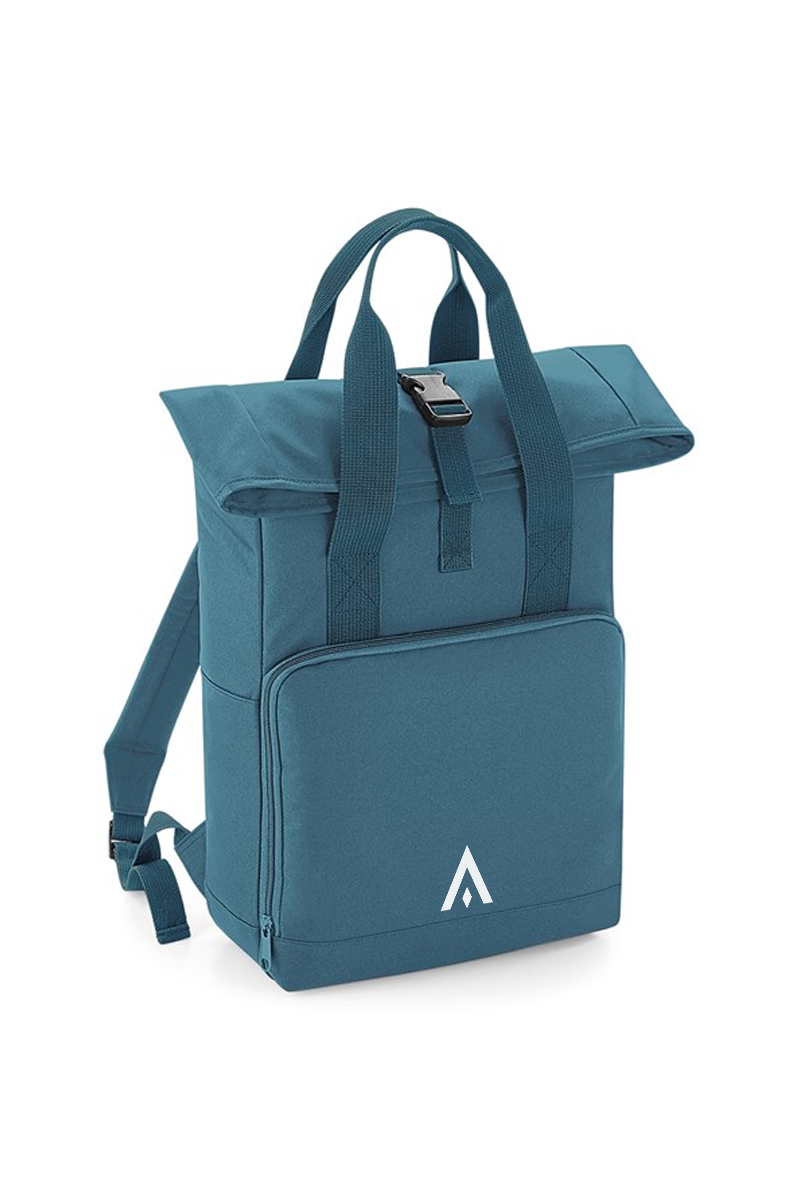
Cold Water Immersion: A Chilling Boost or a Frozen Risk?
Share
In recent years, cold water immersion (CWI) has surged in popularity among athletes, wellness enthusiasts, and weekend warriors alike. From ice baths post-workout to plunges in icy lakes, the idea of exposing the body to cold water for recovery or health has moved beyond elite sports and into the mainstream. But what exactly does science—and experience—say about it?
What Is Cold Water Immersion?
Cold water immersion typically involves submerging the body, or part of it, in water temperatures ranging from 10°C to 15°C for several minutes. It's commonly used post-exercise to aid recovery, reduce muscle soreness, and improve circulation.
Health Benefits of Cold Water Immersion
1. Reduced Muscle Soreness and Inflammation
Many athletes swear by cold plunges for muscle recovery. Cold temperatures help constrict blood vessels, reducing inflammation and swelling. When you get out, blood flow increases again, flushing out metabolic waste.
Athlete Insight:
Andy Murray, former world No.1 tennis player, frequently used ice baths during tournaments to stay fresh between matches. “It helps me feel less stiff the next day,” he said.
2. Enhanced Recovery After High-Intensity Workouts
CWI can be particularly effective after intense sessions like sprint intervals, heavy weightlifting, or competitions. A 2016 meta-analysis showed that cold water immersion could moderately reduce delayed-onset muscle soreness (DOMS) within 24–72 hours post-exercise.
3. Boosted Mood and Mental Resilience
Cold water immersion triggers the release of endorphins and noradrenaline, which can improve mood and alertness. Regular exposure might even build mental toughness—something athletes across disciplines value.
4. Improved Circulation and Immune Function
The sudden exposure to cold can enhance circulation as the body works to maintain core temperature. Some studies also suggest a potential uptick in immune cell counts with consistent cold exposure.
The Other Side: Potential Risks and Side Effects
1. Cardiovascular Stress
Cold shock can raise blood pressure and heart rate rapidly, which may be dangerous for individuals with cardiovascular conditions. Sudden immersion in very cold water can trigger arrhythmias or even cardiac arrest in rare cases.
2. Nerve or Tissue Damage
Extended exposure can cause frostbite or nerve damage, particularly if the water is below 10°C and immersion lasts more than 15 minutes. It’s essential to follow time guidelines strictly.
3. Blunted Muscle Adaptation
Emerging research suggests that frequent cold water use after strength training may actually interfere with muscle growth by reducing inflammation too much. Inflammation, it turns out, is part of the muscle-building process.
Athlete Opinion:
Ross Edgley, British endurance athlete and author, is cautious: “Cold water helps with endurance recovery, but I avoid it right after strength training. You don’t want to blunt those adaptation signals.”
Cold Water Immersion Across Different Exercises
| Exercise Type | Cold Water Benefit | Caution |
|---|---|---|
| Long-Distance Running | Reduces inflammation and leg fatigue | Avoid if recovering from injury |
| CrossFit/HIIT | Helps with soreness and rapid recovery | Not ideal post strength-based sessions |
| Strength Training | May reduce soreness | Could impair muscle gains if overused |
| Team Sports (e.g., Football, Rugby) | Speeds recovery between matches | Monitor timing and frequency |
Tips for Safe and Effective Cold Water Immersion
-
Keep it Short: 5–10 minutes is typically enough.
-
Start Warm: Don’t jump into freezing water if you’re already shivering.
-
Use Moderation: 2–3 times per week is often sufficient for benefits.
-
Listen to Your Body: If you feel dizzy, numb, or extremely uncomfortable—get out.
Final Thoughts
Cold water immersion isn't a magic fix, but for the right person and the right situation, it can be a powerful recovery tool. Like any recovery strategy, it should be used intelligently and tailored to your training goals.
Whether you're chasing a marathon PR or just trying to wake up without another cup of coffee, the cold might be just what your routine needs—but don’t forget to respect its power.



